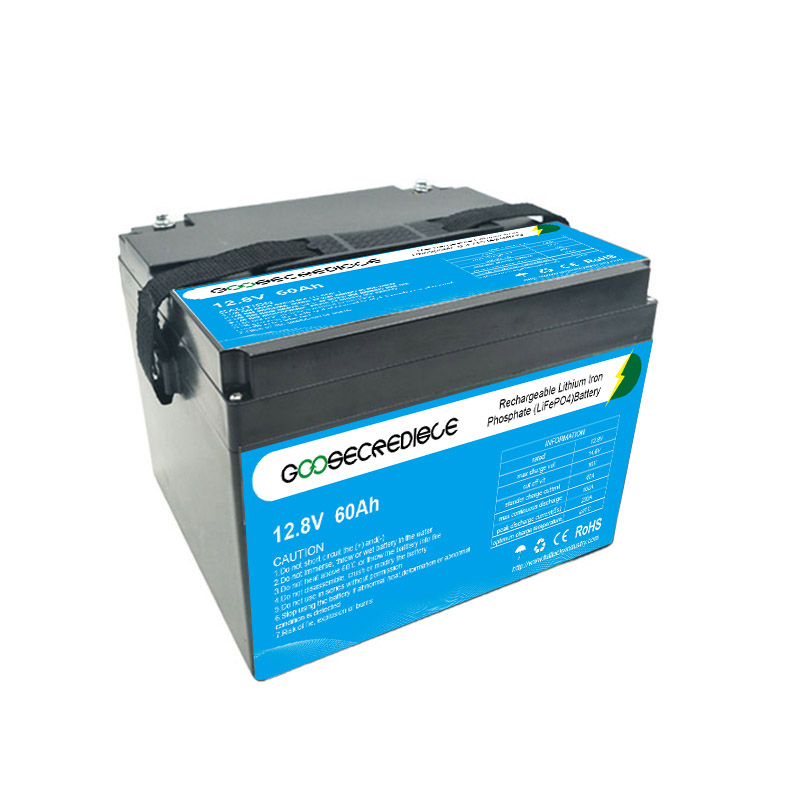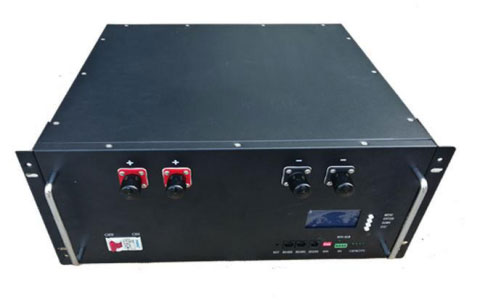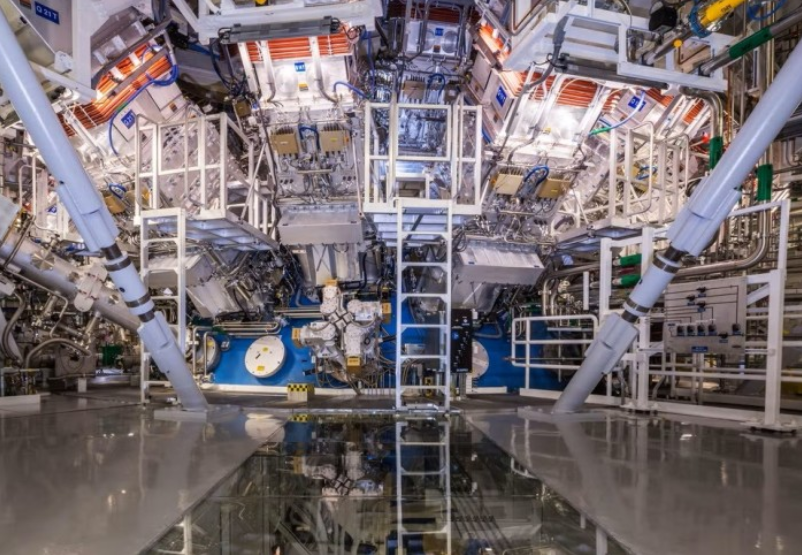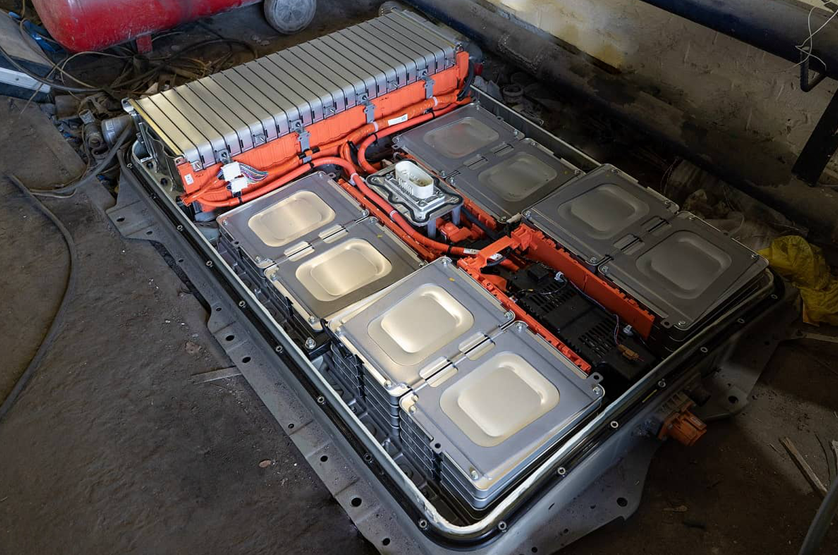Choosing the Right Starter Battery Supplier for Your Automotive Needs
A reliable and efficient starter battery is essential for any vehicle to function properly. Whether you own a car, truck, boat, or any other type of vehicle, the battery is the heart of the system. It provides the initial power to start the engine and also powers the vehicle’s electrical components. Therefore, it is crucial to choose the right starter battery supplier to ensure your vehicle’s optimal performance and longevity.
With so many starter battery suppliers in the market, selecting the right one can be overwhelming. Here are some factors to consider when choosing a starter battery supplier:
Quality: Look for a supplier that offers high-quality starter batteries. Quality batteries are essential for optimal performance and longevity.
Compatibility: Ensure that the starter battery is compatible with your vehicle. The supplier should be able to provide the right battery size, voltage, and specifications to match your vehicle’s requirements.

Reputation: Look for a supplier with a good reputation in the industry. Read customer reviews and testimonials to get an idea of the supplier’s reliability, customer service, and product quality.
Warranty: A good supplier should offer a warranty for their batteries. This gives you peace of mind knowing that you are covered in case of any defects or issues.
Price: Price is an essential factor when choosing a starter battery supplier. However, it should not be the only factor. Consider the quality, reputation, and warranty of the supplier before making a decision.
Once you have selected a supplier, you can enjoy the benefits of having a reliable and efficient starter battery for your vehicle.
Time: 2023-5-5
Introduction Motorcycle batteries are an essential component in any motorcycle. They provide the electrical power required to start the engine, run the lights, and power other electrical accessories. Lithium iron phosphate (LiFePO4) batteries are becoming increasingly popular in the motorcycle industry due to their high energy density, low weight, and long lifespan. In this article, we will discuss the features, benefits, and drawbacks of lithium iron phosphate motorcycle batteries. Features of Lithium Iron Phosphate Motorcycle Batteries Lithium iron phosphate motorcycle batteries have several key features that make them the preferred choice for many riders. These features include: 1. High Energy Density: Lithium iron phosphate batteries have a high energy density, meaning they can store a lot of energy in a small space. This makes them ideal for motorcycles where space is at a premium. 2. Low Weight: Lithium iron phosphate batteries are much lighter than traditional lead-acid batteries. This makes them ideal for riders who want to reduce the weight of their motorcycle. 3. Long Lifespan: Lithium iron phosphate batteries have a much longer lifespan than traditional lead-acid batteries. They can last up to four times longer, making them a more cost-effective option in the long run. 4. Fast Charging: Lithium iron phosphate batteries can be charged much faster than traditional lead-acid batteries. This makes them ideal for riders who want to quickly charge their battery and get back on the road. Benefits of Lithium Iron Phosphate Motorcycle Batteries There are...
Time: 2024-9-5
In the wave of energy technology, lithium batteries, with their high energy density, long cycle life and environmental protection characteristics, have become an important support for the development of modern science and technology. The production of lithium batteries is not only an in-depth dialogue between precision technology and material science, but also a vivid interpretation of the concept of green, efficient and sustainable development. This article will explore the secrets of lithium battery production in terms of material selection, production process, and quality control. The Cornerstone of Materials Science The performance of lithium batteries depends first and foremost on the selection of their constituent materials. Positive electrode materials, negative electrode materials, electrolytes and diaphragms are all carefully selected and strictly proportioned. In terms of positive electrode materials, ternary materials and lithium iron phosphate are the two main choices, each of which has different advantages in terms of energy density, safety performance and cost effectiveness. The negative electrode material is mainly graphite, but with the advancement of technology, silicon-based negative electrode materials have attracted much attention due to their high theoretical capacity. As a medium for ion transfer, the electrochemical stability, conductivity and thermal stability of the electrolyte are directly related to the performance and safety of the battery. In addition, as a physical barrier between the positive and negative electrodes, the quality and performance of the diaphragm cannot be ignored. Precision Technology The lithium battery manufacturing process is closely linked to a series of precision processes. Starting with the positive...
Time: 2023-11-29
When it comes to boating adventures, having a reliable power source is crucial. Whether you are sailing the open waters or fishing in a quiet cove, your boat marine battery is what keeps everything running smoothly. In this article, we will explore the benefits of boat marine batteries and why they are a must-have for any boating enthusiast. First and foremost, boat marine batteries provide the necessary power to start your boat's engine. Without a reliable battery, you may find yourself stranded in the middle of the water, unable to get back to shore. Marine batteries are designed to withstand the demanding conditions of boating, including vibrations and rough waves, ensuring that your engine starts every time you turn the key. Another advantage of boat marine batteries is their ability to power various electrical equipment on board. From navigation systems to fish finders, radios, and lighting, these batteries ensure that you have all the necessary tools to enjoy your boating experience. Furthermore, marine batteries have a deep cycling ability, allowing them to provide a steady and reliable power supply over an extended period. This is especially important if you plan on spending long hours on the water or if you rely on electronic devices for fishing or communication. One of the key features of boat marine batteries is their ability to withstand the harsh marine environment. These batteries are specifically designed to handle the challenges posed by saltwater, extreme temperatures, and constant exposure to moisture. They are...
Time: 2023-4-6
The starter battery is one of the most essential components of a vehicle, providing the initial power needed to start the engine. When it comes to choosing the right battery supplier for your vehicle, there are several factors to consider, including reliable performance, compatibility, and safety. In this article, we'll provide a comprehensive guide to choosing the best starter battery suppliers for your vehicle. Reliable Performance The most important factor to consider when choosing a starter battery supplier is reliable performance. Look for suppliers who offer batteries that are reliable, long-lasting, and able to withstand the demands of everyday use. The best suppliers will use high-quality materials and advanced manufacturing techniques to ensure that their batteries are of the highest quality possible. Compatibility Compatibility is also an essential factor to consider when choosing a starter battery supplier. Make sure that the battery you choose is compatible with your vehicle's make and model, as well as any additional equipment, such as a high-performance sound system or aftermarket lighting. Most battery suppliers will have a compatibility chart that lists the makes and models of vehicles that their batteries are compatible with. Safety Safety is always a top priority when it comes to vehicle components, and your starter battery is no exception. Look for suppliers who have a strong focus on safety and who adhere to industry standards and regulations. The best suppliers will have rigorous testing and quality control processes in place to ensure that their batteries are safe and reliable. ...
Time: 2023-8-1
Introduction: The high capacity 12V 100Ah LiFePO4 battery is a cutting-edge energy storage solution that offers numerous benefits over traditional lead-acid batteries. This advanced technology has gained popularity in various industries, including renewable energy, electric vehicles, and portable power applications. In this article, we will explore the features and advantages of the high capacity 12V 100Ah LiFePO4 battery. 1. Superior Performance: One of the key advantages of the high capacity 12V 100Ah LiFePO4 battery is its superior performance. Compared to lead-acid batteries, LiFePO4 batteries have a higher energy density, allowing them to store more energy in a smaller and lighter package. This increased energy density translates into higher power output and longer runtime, making them an ideal choice for applications that require high performance. 2. Long Cycle Life: LiFePO4 batteries are known for their exceptional cycle life. The high capacity 12V 100Ah LiFePO4 battery can withstand a significantly higher number of charge-discharge cycles compared to lead-acid batteries, resulting in a longer lifespan. With proper maintenance and care, these batteries can last up to 10 years or more, making them a cost-effective and durable energy storage solution. 3. Fast Charging: Another notable feature of the high capacity 12V 100Ah LiFePO4 battery is its fast charging capability. LiFePO4 batteries can be charged at a much higher rate than lead-acid batteries, allowing for shorter charging times. This feature is particularly useful in applications where quick recharging is critical, such as electric vehicles or renewable energy systems with intermittent power sources....
Time: 2023-4-22
Introduction: The starter battery is an essential component of any vehicle. It powers the starter motor, which is responsible for turning over the engine. Without a functioning battery, your vehicle won\'t start. Over time, batteries can lose their charge or become damaged, which can lead to failure. That's why it's important to keep track of your battery's age and replace it when necessary. In this guide, we'll walk you through the steps to check your starter battery date. Step 1: Locate Your Battery The first step is to locate your vehicle's battery. In most cars, the battery is located in the engine compartment. However, some vehicles have the battery in the trunk or under the rear seat. Refer to your owner's manual if you're not sure where to find your battery. Step 2: Identify the Battery Manufacturer Once you've located your battery, look for a label or stamp on the case that identifies the battery manufacturer. This information can help you find the date code. Step 3: Find the Date Code Most battery manufacturers use a date code to indicate when the battery was manufactured. The code is typically a combination of letters and numbers that represent the month and year of production. For example, a code of "B6" would indicate that the battery was manufactured in February 2016. Check the battery manufacturer's website for a guide to decoding their date codes. Step 4: Determine the Age of Your Battery Now that you've found the...
Time: 2023-7-25
Introduction: A boat cranking battery plays a crucial role in the efficient functioning of your boat\'s engine. It provides the necessary power to start the engine, ensuring smooth starts and reliable performance during your boating adventures. In this article, we will explore the importance of a high-quality cranking battery, factors to consider when choosing one, and tips for maintaining its longevity. Importance of a Cranking Battery: A cranking battery is specifically designed to deliver a high burst of power for a short duration, which is essential for starting the engine. Unlike deep-cycle batteries that are mainly used for powering accessories, cranking batteries are built to provide a surge of energy needed to crank the engine\'s starter motor. Choosing the Right Cranking Battery: When selecting a cranking battery for your boat, there are a few key factors to consider: 1. Battery Type: There are primarily two types of cranking batteries available - lead-acid and absorbed glass mat (AGM) batteries. Lead-acid batteries are more affordable but require regular maintenance, including checking fluid levels. On the other hand, AGM batteries are maintenance-free, have a longer lifespan, and can withstand harsh marine environments. 2. CCA Rating: Cold cranking amps (CCA) is an important specification to consider when choosing a battery. It represents the battery\'s ability to deliver power in cold weather conditions. Higher CCA ratings ensure reliable starts even in freezing temperatures. 3. Reserve Capacity: Reserve capacity refers to the battery\'s ability to run essential electrical systems, such as...
Time: 2023-6-2
With the constant increase in the use of electronic devices, the need for portable and efficient power systems has become more important than ever. One of the most vital components in any electronic device is the battery, and it needs to be charged frequently to ensure optimal performance. This is where the 24V onboard battery charger comes in. The 24V onboard battery charger is a powerful and compact device that can be installed directly on the device or vehicle that requires a battery. It is designed to provide a quick and efficient charge to the battery, allowing the device or vehicle to operate at maximum performance for extended periods. One of the primary benefits of a 24V onboard battery charger is the ability to charge the battery while on the go. This is especially useful for devices or vehicles that are used in remote locations or for extended periods. The onboard battery charger eliminates the need to carry around a separate charger or find a power source, making it a convenient and practical solution. Another significant advantage of a 24V onboard battery charger is its efficiency. The charger is designed to provide a fast and reliable charge to the battery, ensuring that it is ready to use when needed. It also has built-in safeguards to protect the battery from overcharging and overheating, which can prolong the battery\'s life and prevent damage to the device or vehicle. The 24V onboard battery charger is also incredibly...





















